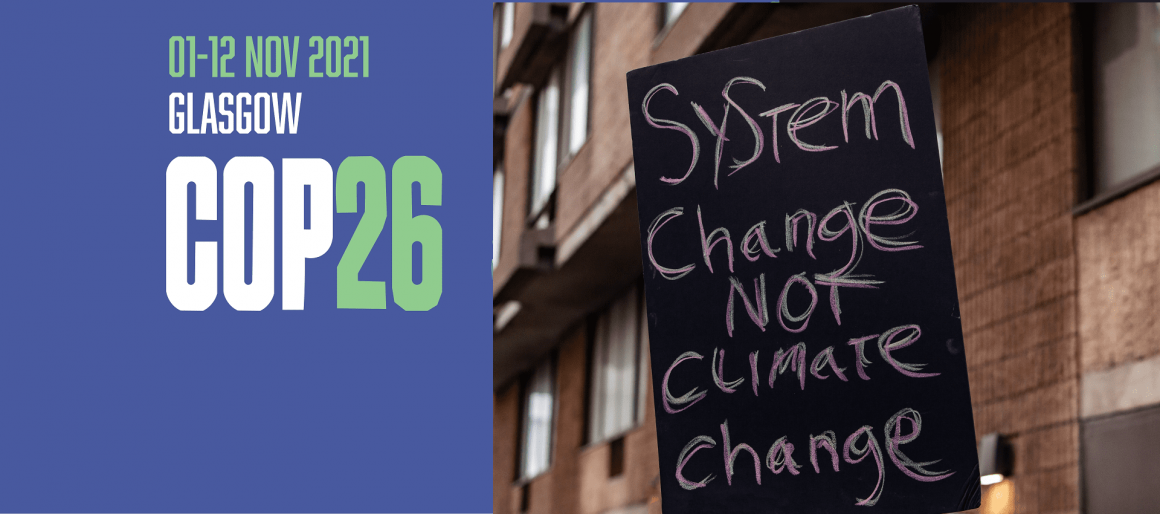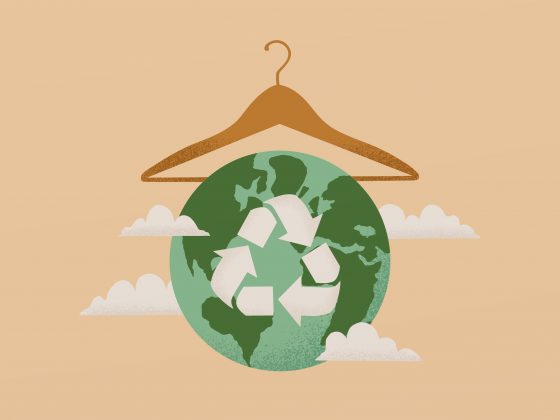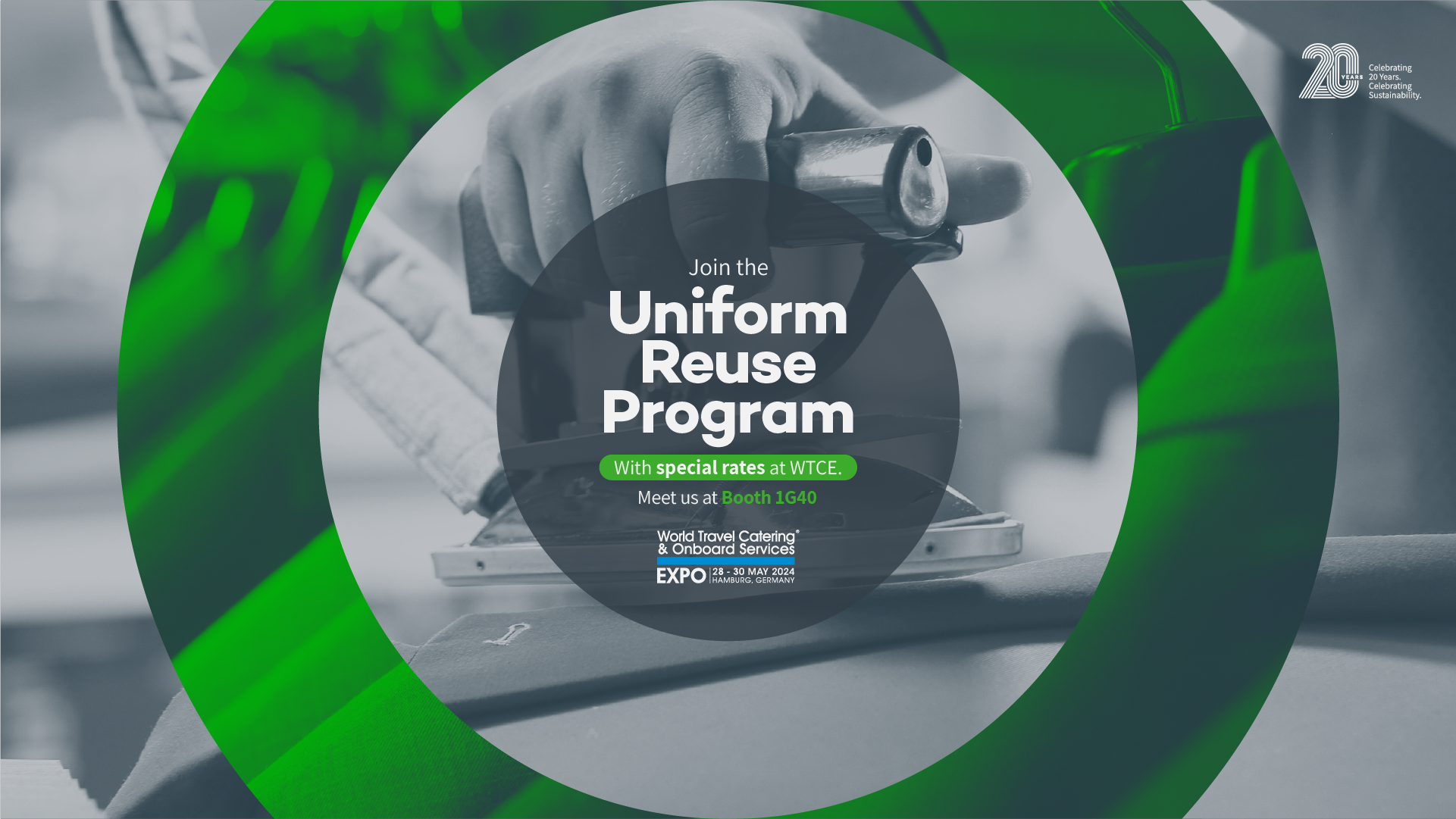The textile lifecycle, including washing, is responsible for nearly 7% of all global greenhouse gas emissions – so, Uniform Management can no longer be done in the same old way, can it?
The textile industry pumps between 1.22 and 2.93 billion metric tons of carbon dioxide into the atmosphere each year. How do your company’s uniform demands face climate change? How can it be held responsible for this?
The issue is back as the COP26 (26th UN Conference of the Parties on Climate Change) takes place in Glasgow, from October 31st to November 12th, 2021. The event aims to discuss the next steps for the full implementation of the Paris Agreement, the most important multilateral climate commitment in recent years. The treaty was signed by 197 countries with the aim of reducing the impact of human activity on the climate.
#SustainabilityMatters more than ever
The push for sustainability now sweeping the industry has been triggered by a combination of factors. These include:
- The need to correct the negative public image and deficiencies of the industry,
- New regulations and sustainability compliance targets,
- Voluntary sustainability initiatives launched by fashion industry leaders,
- Growing consumer awareness of the threats posed by climate change and environmental challenges.
SKYPRO is attentive to ecological trends in the textile universe to ensure a green and sustainable future for our sector. We’ve already talked here on our blog. We are experts in the end-to-end management of uniforms, and through our uniform management software, mySkypro Portal, companies are able to predict the best point of order for the garments, that is: the optimal purchase quantities and the right time to carry them out, precisely matching the sizes that are sought.
This entire process contributes to our customers’ sustainability goals, as it significantly reduces the number of items produced and waste.
Uniform Management can no longer be provided in the same old way
Finally, it is always important to remember that a uniform supplier must meet the green requirement:
- Design products and systems for longer lives, informing the consumer of the expected lifespan;
- Ensure that products are toxic-free;
- Application of Producer responsibility, which primarily promotes reduction and durability.
Does your current uniform supplier do that?
SKYPRO, feel the ultimate care!
#cop26glasgow #sustainablefashion #climatechange #zerowaste










